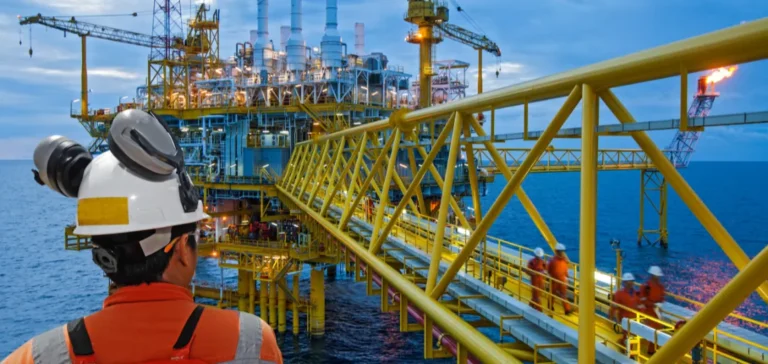Oil and gas companies are bracing for a year marked by tighter capital constraints in 2026, according to a recent strategic study. Investment levels are expected to decline as firms prioritise long-term financial resilience. Reinvestment rates are set to average 50%, allowing a return of 45% of operating cash flow to shareholders, even under a scenario where Brent remains below $60 per barrel.
Strategic rebalancing towards stability
Companies are applying strict investment criteria to navigate ongoing market volatility. Those with gearing above 35% will focus on deleveraging to increase resilience to price shocks. Conversely, firms with reinvestment rates above 80% will seek to offset higher net spending through asset disposals, improving portfolio quality.
Shareholder pressure for near-term performance is driving a shift away from marginal projects. Companies must balance the need to extend hydrocarbon reserves with immediate profitability requirements.
Decline in low-carbon spending
The study shows a retreat from low-carbon investments. Leading European majors will cap such spending at 30% of total budgets, while most large international oil companies and national oil companies will limit this to 10-20%. This reallocation will favour upstream investments, including exploration and business development.
Amid price uncertainty, companies will build more flexibility into their investment plans. Share buyback programmes will be adjusted or suspended if oil falls below $50 per barrel, while base dividends will be maintained at all costs.
Structural optimisation and new portfolio dynamics
Structural cost reductions will be a key lever to improve margins. These include organisational simplification, workforce reductions, and AI-driven efficiency gains. Companies will also sharpen their focus on selective asset development.
Emerging investment themes include rebuilding exploration pipelines, opportunistic acquisitions, and vertical integration to unlock added value. A growing appetite for discovered resource opportunities points to more partnerships between national and international oil companies.






















